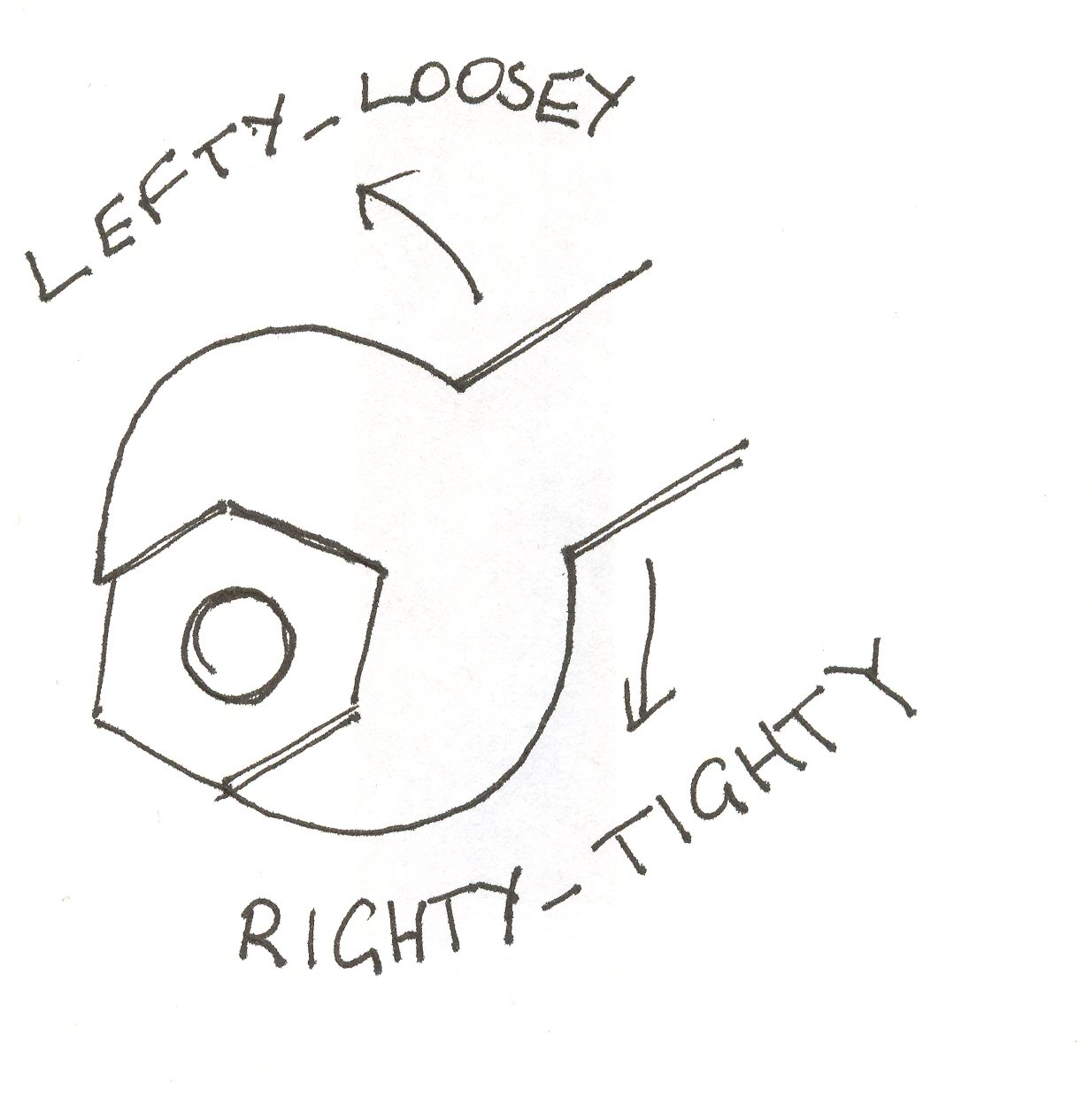this post was submitted on 13 Oct 2024
470 points (98.0% liked)
Asklemmy
43714 readers
1347 users here now
A loosely moderated place to ask open-ended questions
If your post meets the following criteria, it's welcome here!
- Open-ended question
- Not offensive: at this point, we do not have the bandwidth to moderate overtly political discussions. Assume best intent and be excellent to each other.
- Not regarding using or support for Lemmy: context, see the list of support communities and tools for finding communities below
- Not ad nauseam inducing: please make sure it is a question that would be new to most members
- An actual topic of discussion
Looking for support?
Looking for a community?
- Lemmyverse: community search
- sub.rehab: maps old subreddits to fediverse options, marks official as such
- [email protected]: a community for finding communities
~Icon~ ~by~ ~@Double_[email protected]~
founded 5 years ago
MODERATORS
you are viewing a single comment's thread
view the rest of the comments
view the rest of the comments

We have that in Gujarati "navde nokhu satde sajjad"
Google translated it as "Nine days and seven days are tight".
Does that sound like a good translation to you?
No it's more like "lose like nine and tight like seven". It works because of the way Gujarati numerals are structured.
That's interesting, thank you. I didn't know anything about Gujarati, this is a cool opportunity to learn!
Edit: https://en.m.wikipedia.org/wiki/Gujarati_numerals